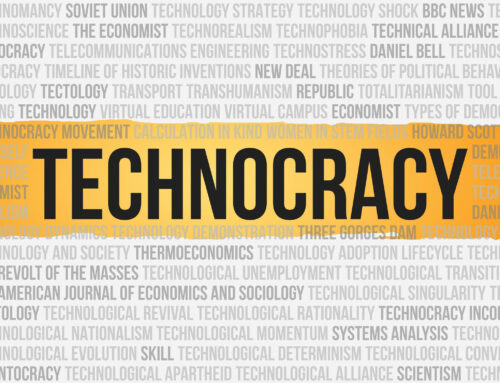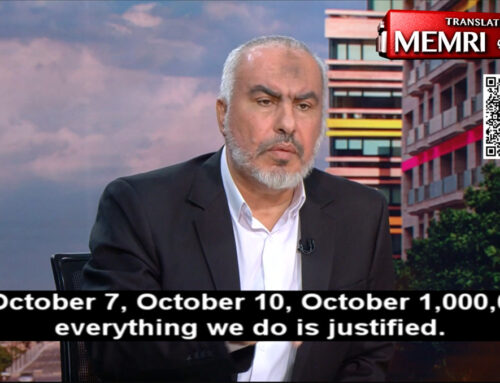Diana is an emblem of our self-absorbed times
Death of the troubled princess marked the moment we began to wallow in victimhood
By Melanie Phillips
Tuesday, June 29, 2021
Reprinted from The Times (London)
The ceremony at which the statue of the late Princess of Wales will be unveiled in the gardens of Kensington Palace on Thursday will be a small affair. Prince Harry, over from California, and Prince William will be part of an event scaled back due to coronavirus restrictions.
This low-key approach seems fitting, and not just because of the unseemly circus that has developed around the fraught relationship between the Sussexes and other members of the royal family. What happened to Princess Diana was a personal and family tragedy, and the unveiling of her statue should be first and foremost an act of quiet remembrance by those who were closest to her.
However, the statue undoubtedly has a public function too. For thousands of people, Diana was an icon. More than that, her death was the point at which it became clear that British society had fundamentally changed. To some of us, it was as if we suddenly found ourselves inhabiting a different country. Thousands of people were behaving as if they personally had been bereaved. Wan and tearful Tube passengers clutched Cellophane-wrapped bouquets on their way to add to the drifts of flowers and cards piling up at the gates of Kensington Palace.
Yet all those thousands were mourning someone they had never met. They knew only the media image which the princess had carefully cultivated, largely to hurt Prince Charles and damage the monarchy. By declaring themselves to be grieving, these “mourners” devalued the real grief felt over the loss of those who are truly close to us. The emotion on display over Diana’s death seemed largely to be projected resentment at the institution she had blamed for her distress.
An ugly mood rapidly developed and for a time seemed to threaten the monarchy itself. This was based on the belief that the failure of Prince Charles and the Queen to emote in public over Diana’s death was proof of their heartlessness. If people were not now wearing on their sleeves emotions such as grief or love, they risked being attacked as unfeeling. Yet no one knew what Prince Charles or the Queen actually felt, any more than they knew Diana.
What rapidly became clear was that the British characteristic of emotional self-control, which previously had been deeply valued for guarding against hysteria and uncontrollable feeling, was now being denounced for precisely the same reason. The stiff upper lip was regarded as proof positive of an emotional wasteland. The notion that self-control might actually enable an individual to cope better with loss, as well as showing consideration to others, was dismissed out of hand.
It became apparent that thousands felt themselves similarly to be casualties of an uncaring world. Such people identified with Diana as the victim of buttoned-up callousness, someone who was making a very public protest that what mattered instead was to be kind and caring.
This she achieved by literally touching people such as Aids sufferers or homeless people. People who thought of themselves as in some way emotionally damaged felt accordingly that she was reaching out to them. It was as if swathes of the population had suffered some kind of psychological meltdown. They projected their own fears and fantasies on to this glittering public figure who appeared to have transcended similar problems. Her life was now a reproach to a world portrayed as uncaring and brutal, a reproach with which they passionately identified.
This went much further than the therapy culture in which people expect the world to feel their pain and act to heal their wounded psyche. Diana’s death marked the point at which therapy actually got turned on its head.
Diana was paranoid that people were out to hurt her. Instead of realising that they were listening to the distress of a disturbed woman, people believed her story that there was a plot to do her down. Now we know that she was actually preyed upon not by the royal establishment but by the journalist Martin Bashir. He exploited her paranoia to produce the infamous BBC Panorama interview in which she defined herself as the victim of a cruel and sinister royal establishment. While some people realised they were watching a manipulative performance by the princess, many others believed the picture she painted was true.
This set in train a pattern of institutionalised disorder inversion. That is to say, in a psychological disorder, where this is acknowledged and treated, an individual can reconnect with reality. In Diana’s case, the disordered person started instead to dictate the terms of that reality. And this became reflected more widely in society. So people who claim to be victimised on account of being black or female or who identify as transgender expect others to validate their claims even when, as a result of either pathology or ideology, these may be intrinsically distorted or deeply unjust.
Many put Diana on a pedestal. Now she really is to stand on a plinth, the public are being urged not to turn her statue into another Cellophane-festooned shrine to victimhood. What will be unveiled this week is not just a memorial to a tragically lost mother and troubled soul, but to an emblem of our topsy-turvy, self-absorbed and emotionally incontinent era.
SOME OTHER PIECES ON A CROOKED PATH YOU MAY BE INTERESTED IN:
VIDEO: “The World Turned Upside Down” — Melanie Phillips
Prayers to Cure God-Blindness
How Can God Have Faith in Us?
Most Americans say abortion should be illegal after the first trimester in most or all cases, AP poll finds
MAN A NOTHING
The Schemes of Satan: What the Devil Does Today and Why It Matters to Believers
5 Signs That Show That The Depravity In America Has Reached An Entirely New Level
Cooked Evenly
American Worldview Inventory 2021 Release #5: Top 10 Most Seductive Unbiblical Ideas Embraced by Americans
American Worldview Inventory 2020-21 — The Annual Report On The State Of Worldview In The United States
How Nations Slip from Greatness to Obscurity
How to Reach the West (Again)
I recommend reading this book…
Only One Gospel
5,500 Young, Persecuted Christians Apply for Croatian Scholarships







Leave a Reply, please --- thank you.